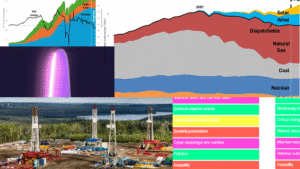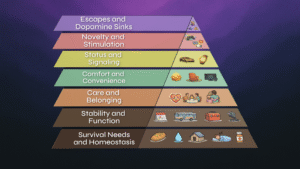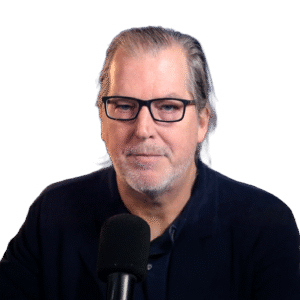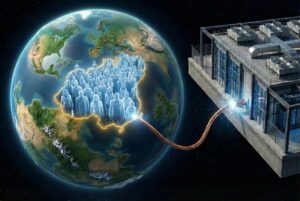Description
In this forty-seventh Frankly, Nate reflects on…..Franklys. As real time global events move faster and faster, they alter the timing (and content!) of planned Frankly reflections on aspects of our global discourse. In light of this, Nate offers a raw take on events in Israel (and financial markets) and a growing list of upcoming topics relevant to the unfolding human predicament. The purpose of these Franklys is not to provide real time intel or analysis but is instead to continually provide a systems lens to inform the scout team of humans who seek an integrated world view to inform their actions. Our tendencies to focus on single issues – the war in Israel, the geo-political impacts of the Russia/Ukraine war, the growing financial crisis and debt, global heating – challenges our ability to build a broader awareness of how these pieces fit together and shine light on the viable paths we can still take to the future. Is it possible to focus less on productivity and more on awareness and reflection? Can we effectively change the consciousness of those in power? How can we attempt to navigate the ever-shorter road to the Great Simplification?
In French, we have a motto that says that a simple drawing is often better than a long explanation. Jean-Marc Jancovici Carbone 4 President
That’s very understandable because with left atmosphere thinking, one of the problems is that you see everything as a series of problems that must have solutions. Iain McGilchrist Neuroscientist and Philosopher
We can’t have hundreds and hundreds of real relationships that are healthy because that requires time and effort and full attention and awareness of being in real relationship and conversation with the other human. Nate Hagens Director of ISEOF
This is the crux of the whole problem. Individual parts of nature are more valuable than the biocomplexity of nature. Thomas Crowther Founder Restor
Show Notes & Links to Learn More
02:25 – U.S. movement of military power to the Middle East
03:33 – Separation of US funding between Israel and Ukraine
05:21 – Rising US Fed Interest Rates and affects
06:11 – 50% of US citizens can’t afford a car payment | Half Of Americans Are Priced Out Of The Car Market. Here’s Why | The Daily Caller







